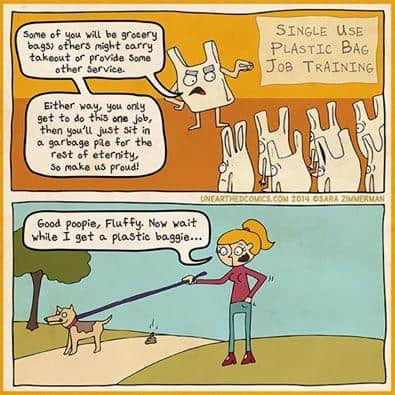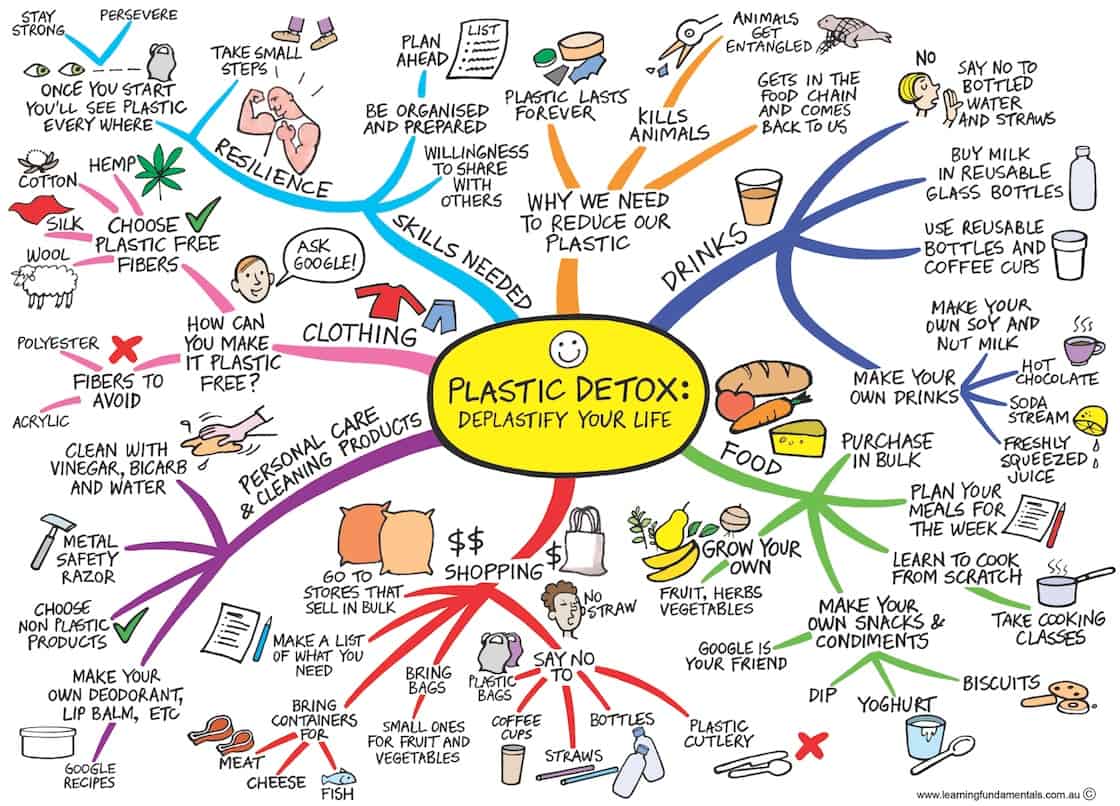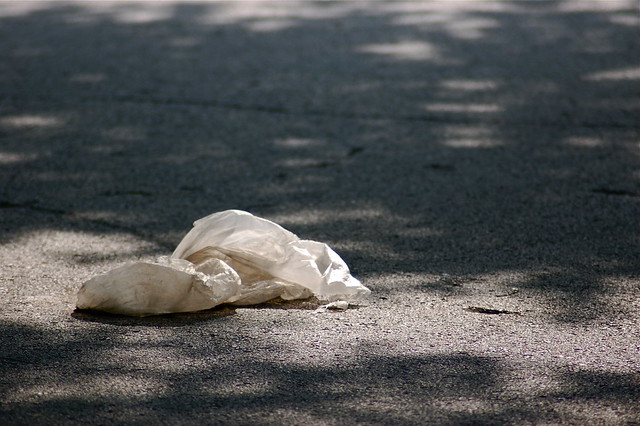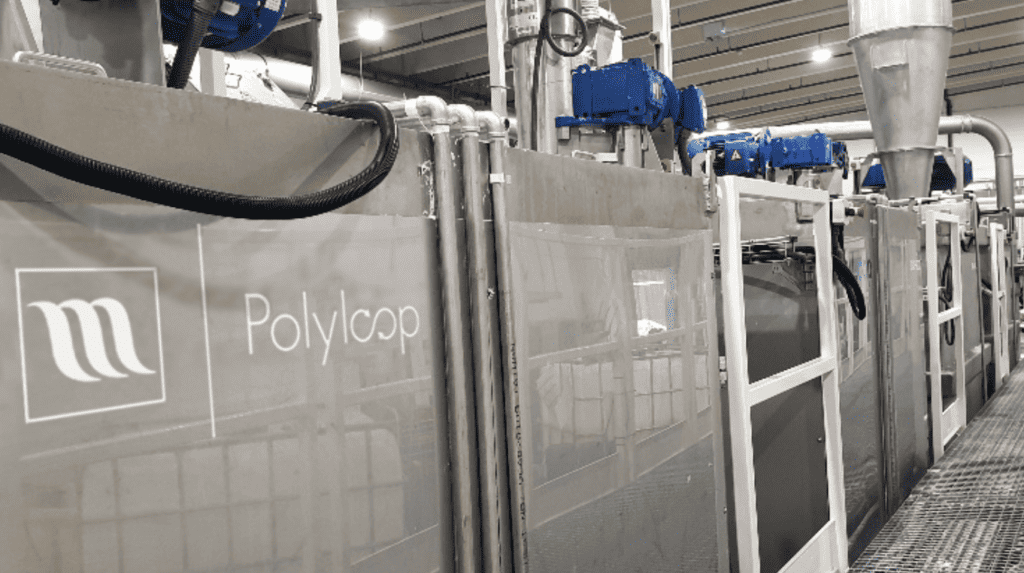Virgin polymer bag production down and recycled plastic bag usage up as single-use carrier bag use rises for fourth year on the spin.
Shoppers to blame?
UK shoppers are being blamed for the 3% increase in plastic-bag usage between 2012 and 2013, with the British Retail Consortium (BRC) stating that the “way we shop, more frequently topping up our shopping to add to our larger weekly shops means more shopping trips and more bags.” Of course, the British Retail Consortium represents the majority of the larger retailers, and wouldn’t consider placing any responsibility on the supermarkets. The reality is that these supermarkets should be doing more to offer alternatives, or encouraging people to bring and reduce, reuse and recycle plastic bags.
Some good news
A positive reaction coming from the increase in the use of plastic carrier bags is the decrease in virgin plastics in their production. The figure for virgin polymer bag manufacturing has dropped by 48% since 2006, meaning that recycled plastic bags have massively increased in usage. Alice Ellison (quoted earlier) also pointed out that “Supermarkets’ environmental work extends well beyond carrier bags to wider and more important green goals including reducing packaging, domestic food waste and waste to landfill. Retailers have beaten a range of challenging Government targets in these areas, delivering real environmental benefits as well as value for customers.”
What’s being done?
Initiatives are already in place, such as Tesco’s ‘Green Points’, in which reusing bags will earn points that help save rain-forests. Sadly this isn’t enough of an incentive; money is. Most commonly, people will forget to bring bags with them for their shopping, and of course it’s easier and less hassle to take a new single-use bag. Many of the bags in supermarkets are biodegradable, compostable or made from recycled plastic, but these aren’t solution.
In some stores, such as Aldi, plastic bags already incur a charge at the checkouts, so you will commonly see customers using empty cardboard boxes from stock on the shelves, or bringing their own bags. It is as simple as applying the plastic bag charge as soon as possible, but the government have found ways to make something Wales and Northern Ireland found easy, very convoluted and frustrating. The drafted plans for the English bag charge contain significant exemptions and rules that will confuse the plan and hugely reduce the positive environmental impact.
What’s the hold up?

You can read our report on the Single-use carrier bag tax confusions by following this link
The international feeling towards the carrier bag tax is that people very quickly and simply ‘get used to it’. It’s not a difficult change, and the reality of the alternative to plastic carrier bags is actually brilliant. Cotton or jute bags are larger, stronger, more durable and even more attractive to look at. They are also multi-purpose. Consider that a jute or hemp bag would be very useful for going to the beach or storing things around the house. I use one to store towels.
The single use plastic bag charge is a ‘carrot and stick’ method, offering the benefits of being environmentally conscious and contributing towards a greener future or the financial cost of forgetting your reusable bags. Considering this, is 5p enough?
Andy Cummins, Campaigns Director for Surfers Against Sewage said:
The 8.3 billion is a shocking figure, and the fact that our single use carrier bag use is rising still highlights the urgent need for actions.The Break The Bag Habit coalition have repeatedly called for the Government to bring in the English bag charge as soon as possible, and this October would have been in line with the Scottish bag charge, giving consistency across the UK and a great opportunity to reduce the numbers of single use bags used quickly.
Energy and mind-power resources could be used for developing innovations in other areas of recycled plastic, but we are still stuck with this age-old avoidable issue.
What are your thoughts?
Check out this brilliant video!
EIA’s Break the Habit short film to promote International Bag-Free Day
What to do with your plastic carrier bags once you go ‘re-usable’
Have you made the conscious decision to ban yourself from plastic bags and start using reusable materials for your shopping trips? Here are our five tips on what to do with your old bags.
1.Fridge. Keep a ‘bag of bags’ in your kitchen, so that when you have open perishable food in your refrigerator, you can wrap it in a plastic bag and make it last longer. This is especially effective for lettuce, which often come in a shape fitting plastic wrap. Did you know: You should use a plastic knife to cut lettuce, as metal knives will oxidize and ‘brown’ the edges. Alternatively, just use your hands!
2.Travel kit. Are you ever scratting around for change at the toll roads? Looking for a plaster, blister patch or antihistamines? Emergency lipstick, nail clippers, miniature deodorant? Keep a travel bag in your glovebox, you can use smaller bags within a larger bag to keep things separate, but the nature of a plastic bag will allow you to squash the bag in around your Sat nav, V5 logbook and old Coldplay CDs. Alternatively: Just keep on in the car to keep it tidy; coffee cups, sweet wrappers and receipts can all go in there.
3. Clothing. It’s summer here in the UK, so there’s no need for wooly hats (hopefully), scarves and gloves. Where are these things at the moment, and will you be able to find them come winter? Keep them in plastic bags somewhere that you will remember them come the colder months. In reverse, when winter comes, you wont have much need for sandals, shorts and sunglasses, so put your summer supplies in a plastic bag and tie it up. Maybe keep a plastic bag with your sun cream and bronzer nearby too, just to be extra organized.
4. Gardening. Wrap several bags around your knees to protect them when you are on the ground working away at your plants. Alternatively, keep a couple of bags by the back door so you don’t track your muddy shoes through the house; just slip the bags over your shoes! You can also use them to clean up your dog’s mess in the garden…
5. Giant Slugs. Wait, what? Giant slugs? That’s what Florentijn Hofman did, with 40,000 single use plastic carrier bags
‘The work is made out of 40.000 plastic bags that move in the wind. The slugs are ascending this steep city staircase that leads up to a huge Catholic church, essentially signifying their slow crawl towards death. The work reminds us of religion, mortality, natural decay and the slow suffocation of commercialized societies.’









